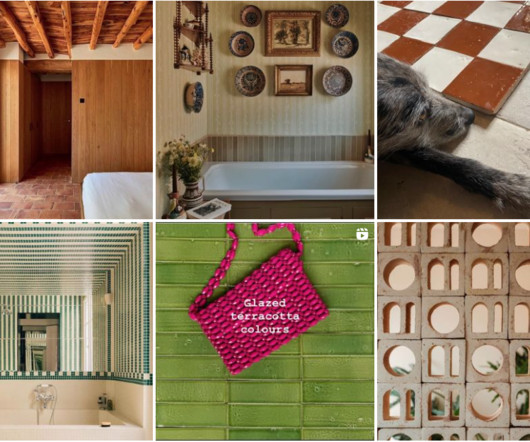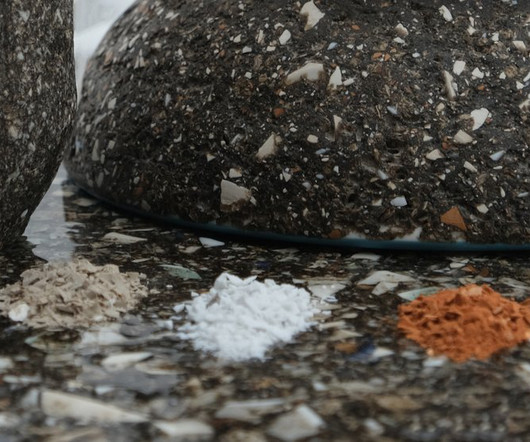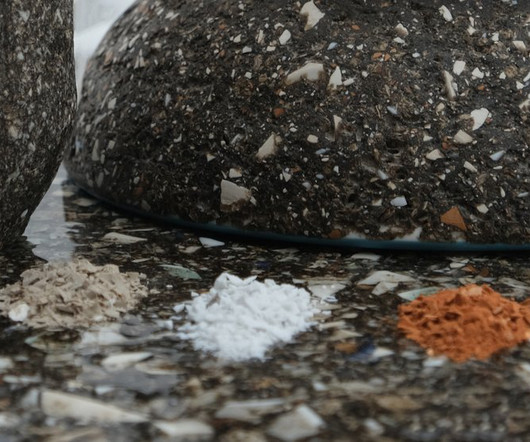10 Hot Summer Destinations & Tile Inspirations
Architectural Ceramics
AUGUST 2, 2019
Lisbon, Portugal. A natural red clay terra cotta tile, a machine-made ceramic, or a hand-made cement tile with a custom colorway — There is more than one way to incorporate red tile into a residential or commercial design. This unglazed porcelain tile is appropriate for wall and floor use.













Let's personalize your content